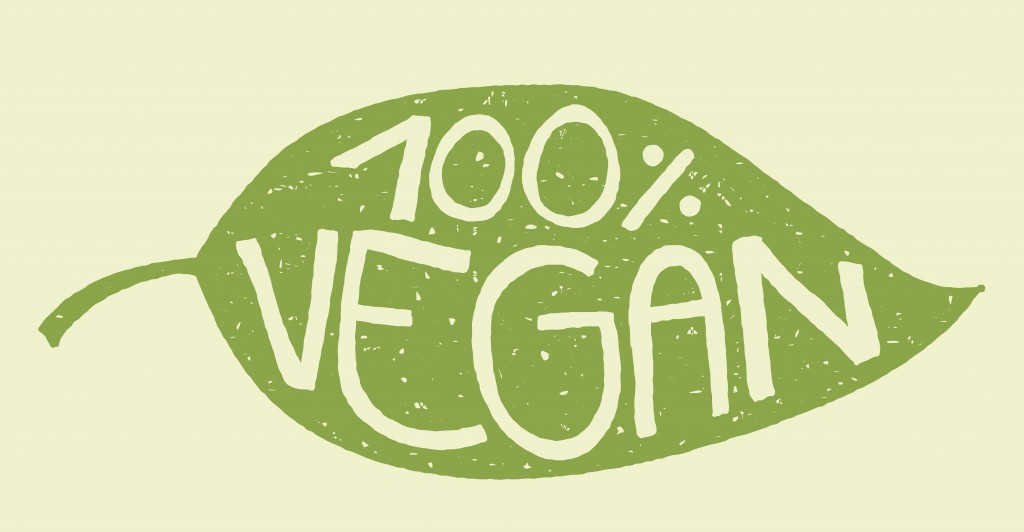There is a growing trend towards a vegan lifestyle and beliefs, generally. Also, there are many people who, throughout the month of January, decide to ditch the meat and other animal products after an indulgent Christmas period.
An employment tribunal has ruled that ethical veganism should be protected under the Equality Act 2010 as a belief, and therefore be treated similar to those with religious beliefs or other protected characteristics.
Mr Casamitjana, was a former employee of the League against Cruel Sports. He claims he was dismissed by the charity after disclosing it had invested pension funds in firms involved in animal testing.
Mr Casamitjana alleges that when he drew management’s attention to what he had discovered, they did nothing. As such, he told his colleagues and was dismissed as a result. This is disputed by the charity which says that his dismissal was not related to his veganism, rather he was dismissed for misconduct.
The charity did not contest that ethical veganism should be a protected characteristic but will dispute the reason for dismissal which Mr Casamitjana is pursuing. This will be determined during a substantive hearing later this year.
The tribunal’s decision related to whether the individual had a deep-rooted belief in veganism. For a belief to be protected under the Equality Act, it must meet several tests:
- The belief must be genuinely held.
- It must be a belief, not an opinion or viewpoint based on the present state of information available
- It must be a belief as to a weighty and substantial aspect of human life and behaviour.
- It must attain a certain level of cogency, seriousness, cohesion and importance.
- It must be worthy of respect in a democratic society, not be incompatible with human dignity and not conflict with the fundamental rights of others.
In light of these tests, there are a number of hurdles an individual must jump through in order to fall within the protection under the Equality Act.
The ethical nature of his veganism is therefore crucial to this case. Mr Casamitjana has been an ethical vegan for 17 years, meaning that he avoids using any products derived from animal exploitation. It includes not wearing clothing made of wool or leather and not using products tested on animals. He campaigned against animal suffering and worked as a zoologist, specialising in animal behaviour. Ahead of the tribunal it was reported that he refuses to sit on leather sofas or take buses in case they hit insects. It was as a result of these very strong beliefs and practices that Mr Casamitjana achieved the threshold necessary to be afforded protection under the Equality Act. Indeed, not all vegans will qualify for such protection. By way of example, if an employee chooses a vegan diet for dietary reasons, then they will not be protected under the Equality Act.
As an employment tribunal decision, it is not binding on other tribunals, but it is likely to be taken into account by other tribunals if this arises in the future.
As a result of this case, employers should ensure that they do not make any decisions which could be deemed discriminatory on the grounds of an employee’s ethical veganism. In particular, vegan employees should not be treated less favourably than other employees, harassed or victimised because of their views.
More generally, and in light of its increasing popularity, employers may also see an increase in vegan employees requesting alternatives to animal-based products such as vegan food alternatives (e.g. at staff canteens, catered events etc.); vegan safety wear etc. If so, any requests should be considered in a reasonable manner.

